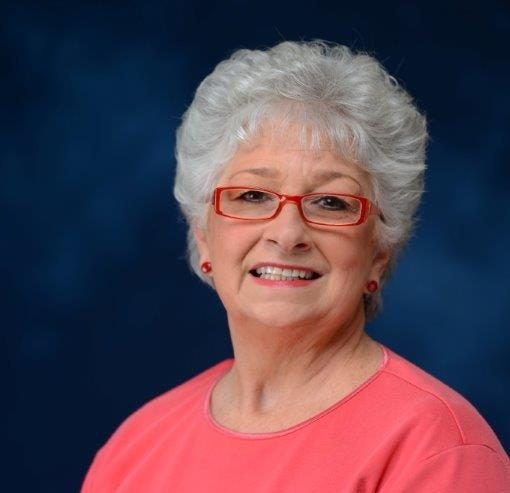If only the village could come together
Published 10:30 am Saturday, May 28, 2022

- Bonnie Brown writes a weekly column for The Oxford Eagle. Contact her at bbrown@olemiss.edu
Recent headlines once again announce mass shootings and give details of the number of dead and wounded.
We all respond with sorrow and anger, disbelief, and a feeling of helplessness. How can this continue to happen in a country where we have so many things for which to be grateful? Yes, I think we all understand that the pandemic has changed everything for everyone.
“In the first year of the COVID-19 pandemic, global prevalence of anxiety and depression increased by a massive 25 percent” according to a scientific brief released by the World Health Organization (WHO) on March 2 of this year.
Certainly, a significant percentage increase.
This brief states that the pandemic has affected the mental health of young people and that they are “disproportionally at risk of suicidal and self-harming.” It also indicates that “women have been more severely impacted than men and that people with pre-existing physical health conditions, such as asthma, cancer and heart disease, were more likely to develop symptoms of mental disorders.” A sad commentary on people’s mental health globally.
In December 2021, the Surgeon General issued an advisory stating that “Before the COVID-19 pandemic, mental health challenges were the leading cause of disability and poor life outcomes in young people, with up to 1 in 5 children ages 3 to 17 in the U.S. having a mental, emotional, developmental, or behavioral disorder.” So, we can’t blame the pandemic alone for this uptick in mental health issues that lead to behavior issues, even violence and mass murder.
It is said that it takes a village to raise a child. No kidding. What has become of the “village?” Think about it. When we become adults, we often move to pursue our goals of an education, a decent job, and/or a way to achieve independence from our parents. That often takes the grandparents out of the equation.
And think of our teachers. Back in the day, parents entrusted the teachers to not only deliver classroom instruction on the fundamentals of education, but we expected that they would serve as role models and when needed disciplinarians. Yes, to administer a punishment—loss of recess, detention, extra work—when necessary. I know for a certainty that if I acted out at school, I was gonna get in trouble at home too.
My brothers have shared stories about getting paddled at school. One of them told about the Vice Principal questioning his absence from school the day before when he had skipped. He responded that he had to miss school to take our mom to the doctor.
The Vice Principal asked if he would mind if he called to verify this and of course he said that was fine. He watched as the Vice Principal dialed the number and thought that by his count the Vice Principal had not dialed the last digit. So, as the Vice Principal “spoke” to Mom and asked her about the absence, he then said to my brother: “Your mom wants to speak with you.”
Thinking that the Vice Principal was bluffing, my brother took the receiver and sure enough, Mom was on the other end—and she was NOT happy! So, of course, he got in trouble when he got home and was grounded.
We used to know our neighbors well. But that’s no longer the case.
Multiple moves and work schedules and life gets in the way of establishing a trusting relationship with neighbors who might otherwise have been a natural part of the “village.” But that sadly is no longer the case. We have become very private, yet post a lot on social media in a fashion to always appear as if we are all above average and live a charmed life.
Do we give more attention to social media than to nurturing our offspring?
Do we allow our offspring too much time on social media?
Without the village and without much diligence in monitoring our children, outside influences take over and challenge our children in ways we hadn’t counted on—drugs, isolation, bullying, emotional or physical abuse, a disconnect from a grounded support system. And then there’s the reaction to a situation, either real or imagined, or outside influences that radicalize a vulnerable child. And then there’s an extreme response often resulting in violent extreme behavior.
If only we could intervene at the appropriate time and redirect their responses and behaviors. If only all in the village could come together.
Bonnie Brown writes a weekly column for The Oxford Eagle. Contact her at bbrown@olemiss.edu.





